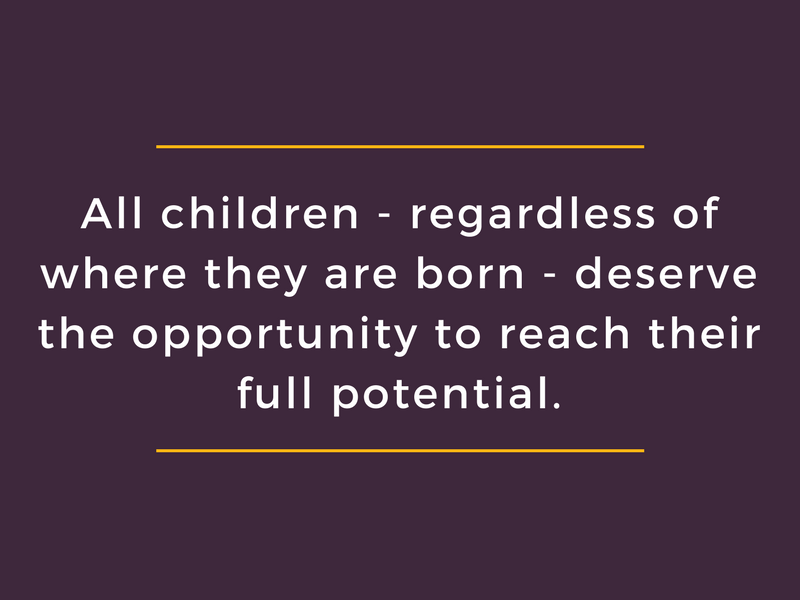We Need Action And Investment For Moms And Babies Everywhere
At 1,000 Days we know investing in a child’s first 1,000 days sets the foundation for all the days that follow – enabling children to grow, learn and thrive, and nations to prosper. Yet last night President Trump said very little about investing in young children and their families during his State of the Union address to a joint session of Congress and the American public.
Today, as Congressional leaders gather to plan their agenda for the year ahead, we urge them and the Administration to prioritize the health and well-being of women, infants and young children in the United States and around the world. This includes ensuring:
- Women and children have access to comprehensive and quality health care;
- Young children and their families have access to affordable and nutritious foods;
- Parents and caregivers have the support they need to give their children the strongest start to life, including through breastfeeding support and paid family leave; and
- U.S. foreign assistance is invested in proven programs that enable all children and their families to thrive.
At 1,000 Days we remain committed to the belief that all children—regardless of where they are born—deserve the opportunity to reach their full potential. Achieving this vision will require smart investments and joint action; we hope to work with Congress and the Administration to move these priorities forward in the year ahead.



